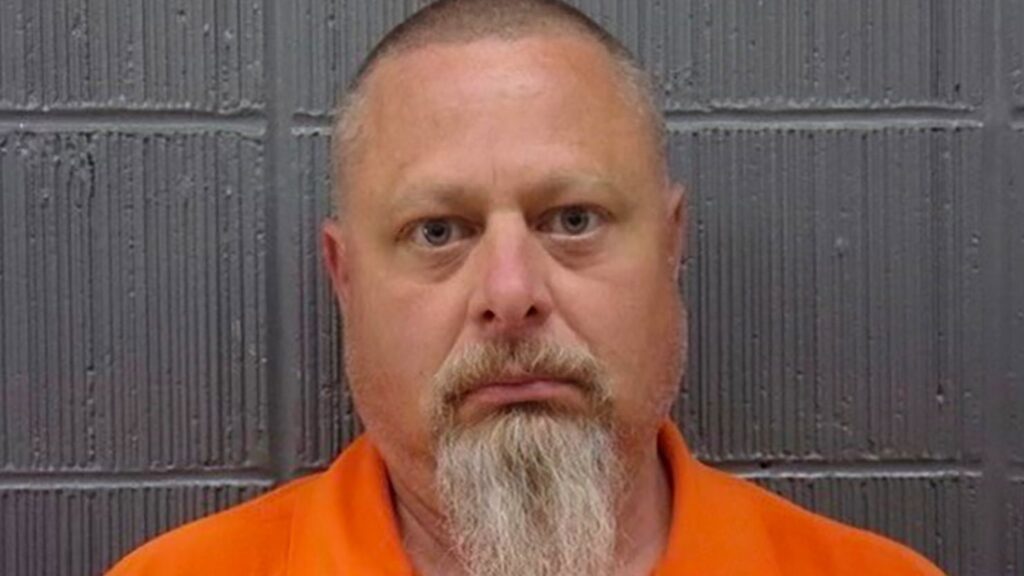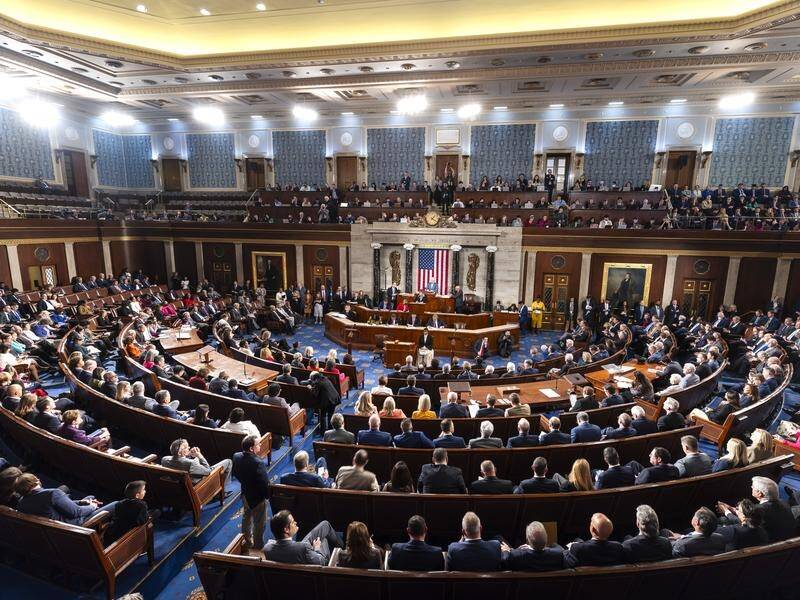Two far-right Israeli ministers have threatened to resign and destabilize the governing coalition if Prime Minister Benjamin Netanyahu accepts a Gaza ceasefire proposal introduced by US President Joe Biden on Friday.
Finance Minister Bezalel Smotrich and National Security Minister Itamar Ben-Gvir firmly oppose any agreement before Hamas is defeated. Opposition leader Yair Lapid has offered to support the government if Netanyahu endorses the plan.
Netanyahu has asserted there will be no permanent truce until Hamas’s military capabilities are dismantled and all hostages are released. However, one of his advisers later indicated that Israel is not outright rejecting the plan, acknowledging it as an agreement, albeit not a favorable one.
Biden’s three-part proposal includes a six-week ceasefire during which the Israel Defense Forces (IDF) would withdraw from populated areas of Gaza. The plan aims for the eventual release of all hostages, a permanent cessation of hostilities, and a significant reconstruction effort for Gaza.
In a social media post on Saturday, Smotrich declared he would not remain in a government that agrees to the ceasefire proposal without destroying Hamas and rescuing all hostages. Similarly, Ben-Gvir denounced the deal as a surrender to terrorism and a threat to Israel’s security, vowing to dissolve the government rather than accept it.
Netanyahu’s right-wing coalition holds a narrow majority in parliament, dependent on various factions, including Ben-Gvir’s Otzma Yehudit (Jewish Power) party and Smotrich’s Religious Zionism party, which hold six and seven seats, respectively.
Opposition leader Yair Lapid of the Yesh Atid party, holding 24 seats, quickly pledged his support to Netanyahu, offering a “safety net” for a hostage deal if Smotrich and Ben-Gvir leave the government.
Despite the internal discord, a senior foreign policy adviser emphasized that many details of the plan need to be resolved and a permanent ceasefire will not be declared until all objectives are met. Nonetheless, in an interview with the Sunday Times, adviser Ophir Falk described Biden’s plan as a “deal we agreed to—not a good deal, but we dearly want the hostages released, all of them.”
The controversy unfolded as tens of thousands of demonstrators rallied in Tel Aviv, urging the Israeli government to accept Biden’s proposed plan.
Many demonstrators also demanded Prime Minister Netanyahu’s resignation, expressing fears that he might sabotage the ceasefire proposal. A group advocating for the return of Israeli hostages captured by Hamas warned that such a move could endanger those held in Gaza.
Clashes erupted between protesters and police, with officers using mounted units and water cannons to disperse the crowds. Some demonstrators were reportedly detained. Protests have become a regular occurrence in Tel Aviv recently, as families of hostages and anti-government campaigners have rallied for a hostage deal and for Netanyahu to step down or call an election.
On Saturday, mediators from Egypt, Qatar, and the US issued a joint statement urging both Israel and Hamas to “finalize” Biden’s proposed deal. The mediators, involved in ongoing discussions to secure a Gaza ceasefire and the release of hostages and detainees, called on both sides to finalize the agreement based on Biden’s principles.
UK Prime Minister Rishi Sunak also backed the plan, stating that his government could provide significantly more aid to Gaza if Hamas accepts the ceasefire. Earlier, a senior Hamas politician said that Hamas would agree to the deal if Israel does.
After Biden unveiled the plan, Netanyahu’s office reiterated that Israel’s conditions for ending the war remain unchanged: the destruction of Hamas’s military and governing capabilities, the release of all hostages, and ensuring that Gaza no longer poses a threat to Israel. The statement emphasized that Israel would continue to insist these conditions are met before agreeing to a permanent ceasefire.
However, the comments left enough ambiguity for Netanyahu to potentially claim that his objectives had been achieved. Notably, his office did not mention “total victory,” a term he has frequently used as a key aim for the war in Gaza. This omission might allow him to counter criticism that the deal offers major concessions to Hamas.
On Sunday, Israeli President Isaac Herzog expressed his full support for a deal that would secure the release of the hostages. “It is our inherent obligation to bring them home within the framework of a deal that preserves the security interests of the State of Israel,” he said on social media.



























